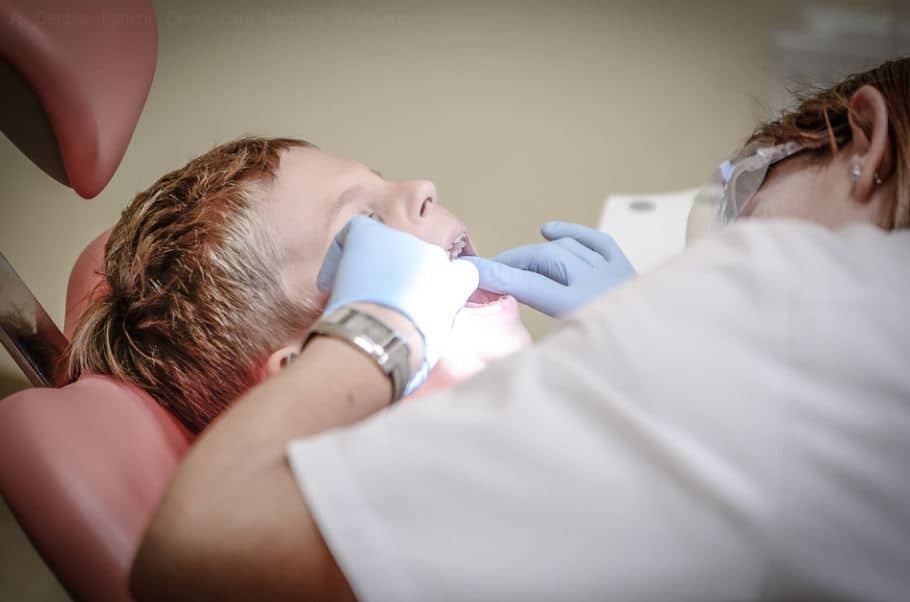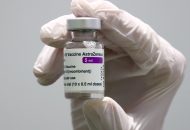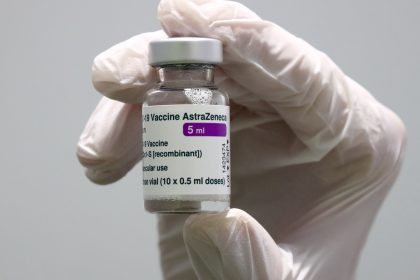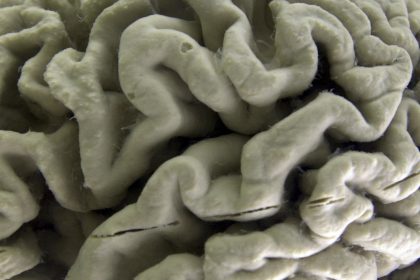Panel Says Jury Still Out on Oral Screening by Primary Care Providers

WASHINGTON — An independent panel of health care experts said Tuesday that there’s simply not enough evidence to recommend for or against oral health screening being done by primary health care providers.
The U.S. Preventive Services Task Force has been considering making a recommendation on oral health screening and preventive interventions for children 5 years and older as well as adults since March 2021.
At the time, it said its interest in this area was based on its recognizing the importance of oral health in overall health, and the fact many Americans face barriers to access to comprehensive health care.
What they hoped to determine was whether primary care clinicians could play a role in complementing the work of dental professionals.
To do so, the task force looked for two sets of data. One, for children 5 years and older, would be evidence that screenings by primary care clinicians help reduce the number of cavities they experienced.
Similarly, for adults, it focused on compiling evidence such screenings prevented cavities and periodontal disease.
“Unfortunately, we found limited evidence on oral health screening and preventive interventions in primary care for both school-aged children and adolescents as well as adults,” said task force member John Ruiz, Ph.D., in a written statement.
“We need more research to know whether and how primary care professionals can help prevent cavities and gum disease in these populations,” he said.
Risk factors for developing oral health problems include lack of brushing and flossing teeth, high-sugar diets from both beverages and food, low fluoride exposure, tobacco use and developmental defects in teeth.
Social factors also may increase risk of oral health conditions. Low socioeconomic status, lack of dental insurance, and living in communities with dental professional shortages may limit access to dental care.
Race and ethnicity are also associated with risk of oral health problems, as a result of social rather than biologic drivers of health. Black, Hispanic/Latino, Native American/Alaska Native, Asian, and Native Hawaiian/Pacific Islander children and adults are all disproportionately affected by oral health conditions.
“It is important for future research to include populations that are most affected by oral health conditions,” said another task force member and primary care expert, Dr. Li Li, Ph.D., M.P.H., in a written statement.
“Given the limited evidence, we encourage health care professionals to use their judgment when deciding whether to screen or perform preventive interventions related to oral health for their patients,” Li said.
The task force is calling for more research on addressing oral health in primary care, particularly in people who are more likely to experience oral health conditions, and on social factors that contribute to disparities in oral health.
In the meantime, it said, people with concerns about their own oral health or their child’s should talk to their health care professional.
Created in 1984, the U.S. Preventive Services Task Force is an independent, volunteer panel of national experts in prevention and evidence-based medicine.
Members come from the fields of preventive medicine and primary care, including internal medicine, family medicine, pediatrics, behavioral health, obstetrics and gynecology, and nursing.
Their recommendations are based on a rigorous review of existing peer-reviewed evidence and are intended to help primary care clinicians and patients decide together whether a preventive service is right for a patient’s needs.
The task force does not conduct original research studies, but rather reviews and assesses the best available evidence to make a conclusion about the benefits and harms of preventive services.
Each year, the task force makes a report to Congress that identifies critical evidence gaps in research related to clinical preventive services and recommends priority areas that deserve further examination.
Dan can be reached at [email protected] and @DanMcCue
























